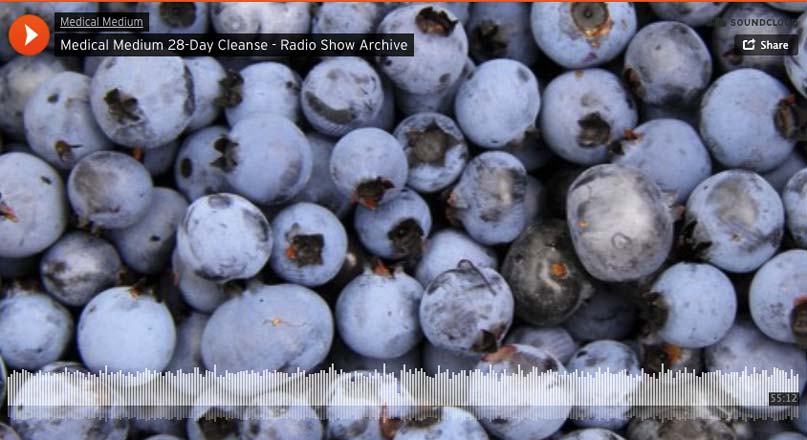Hi, I’m new here. I have been searching through fb groups, online articles, and the forum on the best HW Preventative. I was hoping to get Dr. Jeff’s input. My conventional vet says Heartgard every month and my holistic vet says Interceptor every 6 weeks. I would rather not give him chemicals but also don’t want him getting HW. I have read Dr. Falconer’s HW guide but getting him to optimal health is a journey that won’t protect him right now since we are in the middle of mosquito season. Help would be greatly appreciated. These are my questions:
1. Best natural HW preventative other than getting them to optimal health?
2. If a dog can’t get to optional health what is the least harmful chemical regimen?
3. What’s the earliest HW can be detected in a blood test?
4. What is a natural HW treatment and does it work?
5. When is the painful/ toxic long term treatment with activity restriction necessary?
Thanks!
1. Best natural HW preventative other than getting them to optimal health?
2. If a dog can’t get to optional health what is the least harmful chemical regimen?
3. What’s the earliest HW can be detected in a blood test?
4. What is a natural HW treatment and does it work?
5. When is the painful/ toxic long term treatment with activity restriction necessary?
Thanks!

